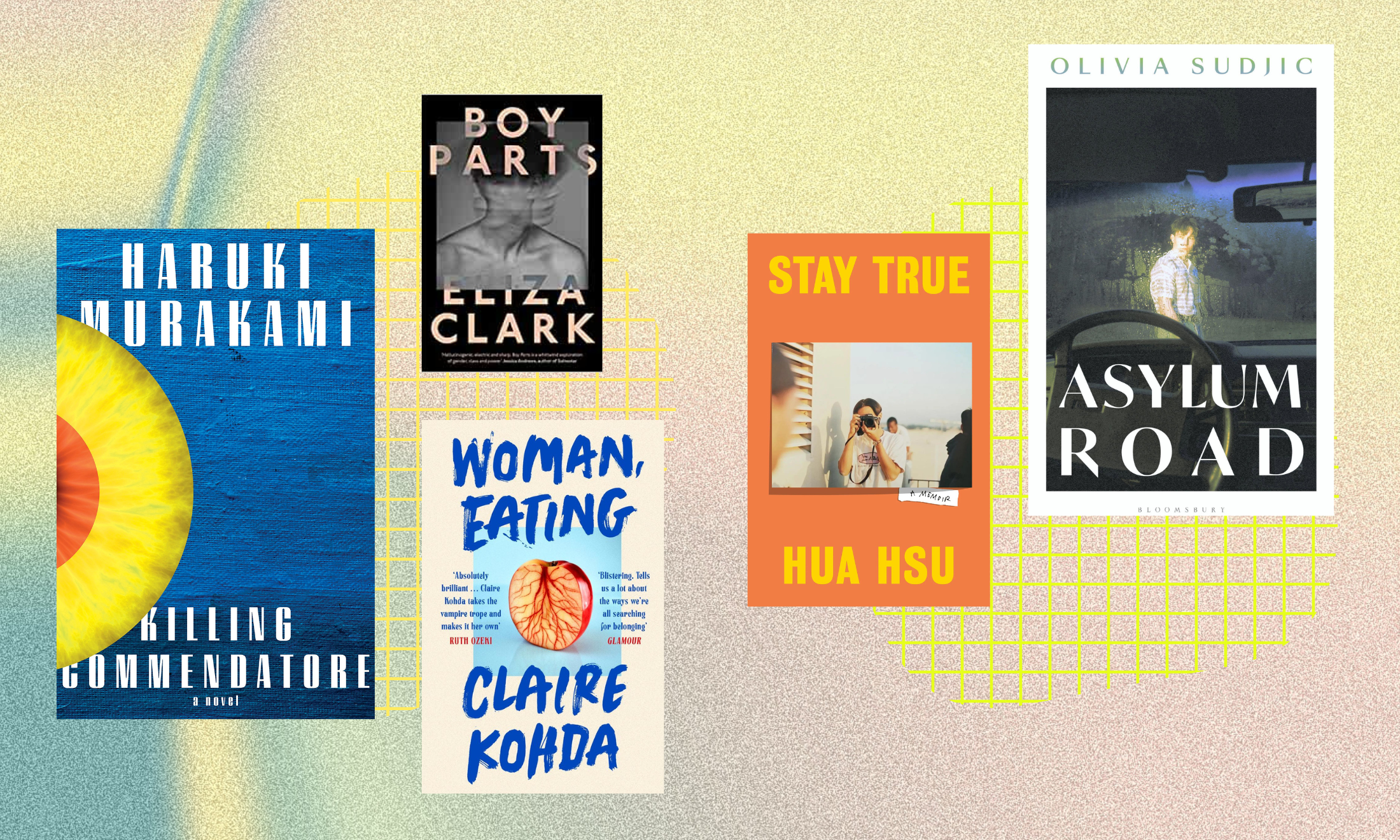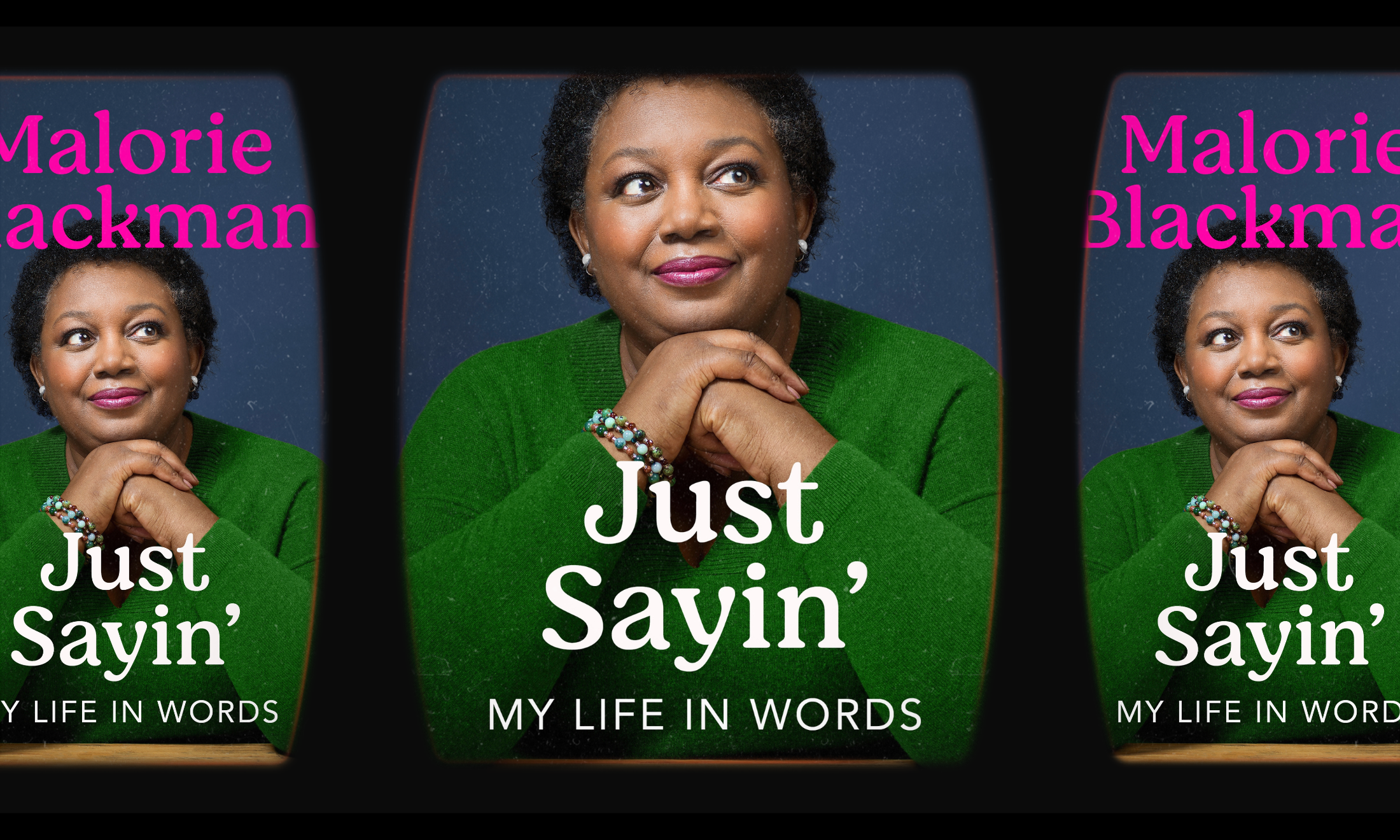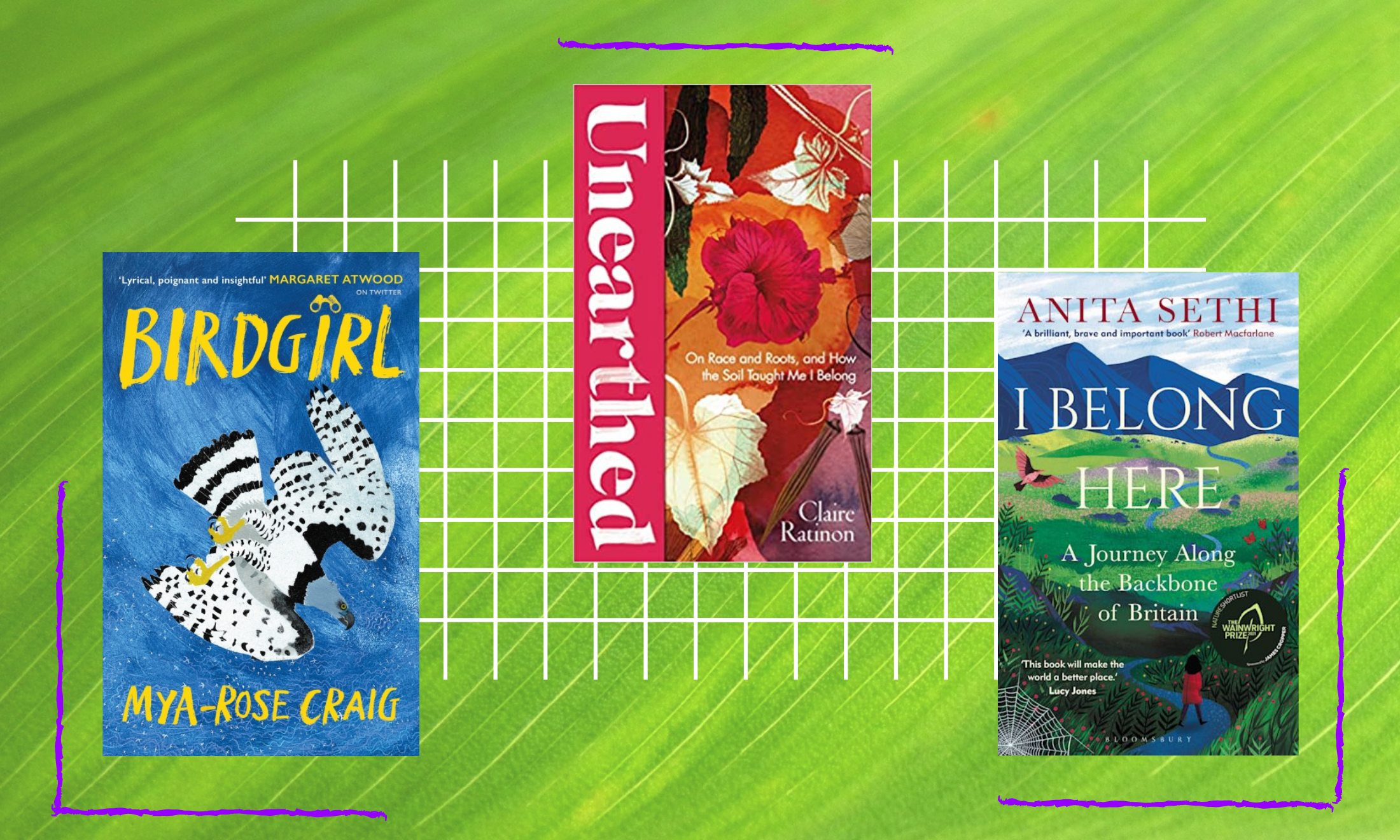
Where to start if you want to get into black young adult fiction
We should all probably read way more than we actually do, so here are the novels tackling social issues in ways that are ~ very hip and happening ~
Leah Cowan
19 Aug 2020
Many moons ago, when I was the actual target market for Young Adult (YA) fiction, the pickings were relatively slim. The only bright spark in a relatively dull sky was perhaps Malorie Blackman’s novel series, which began with Noughts and Crosses in 2001, and boldly examined race and inequality. Other collections such as A Series of Unfortunate Events and Artemis Fowl were well-received and had a sprinkling of complex women characters, but remained incredibly white and heteronormative. Business largely continued as usual into the late noughties, which hailed the era of Stephanie Meyer’s Twilight series; unabashed propaganda for celibacy and/or white supremacy depending on which way you slice it.
It has been suggested that YA fiction exists as a gateway between children’s books and adult novels. However, this characterisation dismisses the inherent and unique qualities of YA books, which consistently tackle huge social and political issues with warmth, nuance, care and responsibility which can be pretty absent in “adult” novels. YA is also home to a great wealth of fantasy series and speculative fiction, which continues to present searing critiques of racial injustice and to build worlds where whiteness is pushed to the footnotes and multi-dimensional black characters take centre stage.
Writers such as Dean Atta and Patrice Lawrence are demonstrating that queerness and blackness aren’t threads in a storyline, but the beating heart of characters’ worlds, which opens up space for experimenting with form and genre, rather than re-treading well-worn paths. To celebrate this bold and punchy field of fiction, I’ve selected five of my favourite titles, all suitable for young adults and old ones too.
Eight Pieces of Silva by Patrice Lawrence
Patrice Lawrence’s gripping fourth YA novel is witty, warm-hearted, and doesn’t miss a (K-pop) beat. From the first page we are plunged into Becks’ universe – a world of fantasy TV marathons, nail art, burgeoning queer romance and most pertinently: a quest to track-down her elusive sister Silva. When Becks’ Mum and stepdad head off for a honeymoon in Japan, she is left to unpick the mystery of Silva’s disappearance with just her furry sidekick Azog and a well-stocked store cupboard for company.
Becks discovers a box of clues under her sister’s bed, leading to a hunt for answers which will keep readers gripped to the final page. Much like Patrice’s multi-award winning first YA novel Orangeboy, Eight Pieces of Silva is a cleverly-drawn thriller with a healthy dose of pop cultural nuggets tucked into every chapter. However, the novel is more than a straight-up mystery. I found Becks’ independent problem-solving nature incredibly relatable; her journey teaches lessons about the power of asking for help, and leaning on those around you. Becks’ world mirrors that of so many young readers who want to see themselves reflected on the page. YA fiction that centres multi-ethnic families in all shapes, sizes and arrangements is vital, exciting, and needed, and writers like Patrice Lawrence are leading the way in reshaping the genre.
Raybearer by Jordan Ifueko
Jordan Ifueko’s debut YA fantasy novel Raybearer is a powerful, intricate chronicle brimming over with mythology, folklore and heart-stopping plot twists. The story follows Tarisai, who grew up in isolation and was comforted only by sparse visits from her mysterious mother “The Lady”. When she comes of age, Tarisai is bundled off to the capital city of Aritsar, where she is to compete to join the Prince’s Council of Eleven – each blessed with a “Hallow”. The Council offers what Tarisai so dearly craves: friendship, warmth and community. Through the Council, she has the opportunity to build a permanent and nurturing family. However, The Lady has her own agenda in sending Tarisai to Aritsar: a spell cast at her birth means that Tarisai must kill the Crown Prince.
The carefully-plotted Raybearer universe is an architectural masterpiece. From the precise sound and location of the crashing Obasi Ocean, to the different religions practiced across the empire, not a detail is left unexplored. The novel is densely packed with backstories, loops and reveals, presenting nuanced critiques of patriarchy, colonisation and inequality without being heavy-handed or shoe-horning earnest monologues into the story. Raybearer is a vivid, enchanting read which spins a captivating and complex yarn, leaving me ready for the sequel.
You Should See Me in a Crown by Leah Johnson
Liz Lighty speaks to something deep in my psyche. She’s a high school kid who surfs on the periphery of the complex chess game of teenage political manoeuvring, hiding behind a veneer of pithy put-downs and eyerolls, while inside her rainbow flag-flying heart just wants to be seen and understood. While trying to keep her eye on the prize of a scholarship to her college of choice, the arrival of a cute new girl from “out of town” poses a potential distraction from her best-laid plans.
Leah’s debut novel is warm and funny, but doesn’t gloss over serious topics such as sickness (Liz’s brother who lives with Sickle Cell Anaemia), bereavement (both Liz and new girl Mack lost their mothers at a young age) and racism. I loved reading a YA novel with a black queer woman protagonist; Leah draws the budding romance between Liz and Mack with humour but also sensuousness – bringing to life the fiery sparks of angsty teen romance in a way that is gentle, relatable and never heavy-handed. Leah’s writing marks her as a promising new flame in an industry bereft of narratives that glow with nuance and dimension.
Children of Blood and Bone by Tomi Adeyemi
Tomi Adeyemi’s epic debut novel Children of Blood and Bone, the first in her Legacy of Orisha series,was released in 2018, and set a new bar for YA fantasy novels. We drop into the novel through the lens of Zélie Adebola, whose mother was killed by King Saran as part of his mission to exterminate magic. Magic used to be held by diviners – such as Zélie’s mother – whose flowing white hair marked them out as having the ability to become magi. After helping a member of the royal family (the light-skinned, wealthy kosidan) evade local guards, Zélie and her brother Tzain become wrapped up in a plot to restore the diviners’ magic, and in turn challenge the oppressive rule of the kosidan.
Children of Blood and Bone has its roots in Yoruba mythology and folklore. Against this backdrop, Tomi weaves a pacy, complex “coming of age” narrative, in which Zélie must learn hard lessons about love, loss and avenging and challenging parental legacy. The Legacy of Orisha series has quickly marked out its place in the YA fantasy canon, with Children of Virtue of Vengeance published last year, and rights to the film already picked up by Disney.
Black Flamingo by Dean Atta
Dean Atta’s Jhalak Prize-shortlisted queer teen bildungsroman is soft, witty and warm-hearted. Following Michael throughout his childhood as he blossoms into his stage character of The Black Flamingo, the book traverses topics of race, gender and sexuality – providing a survival guide for living beyond the binaries. As Travis Alabanza writes, Dean’s work is “the book I wish I had when I was younger”, and The Black Flamingo undoubtedly carves out an urgent, critical new path for YA fiction that speaks to queer experiences. Dean’s careful poetry and prose weaves a story which undulates with the highs and lows of Michael’s journey through self-discovery and returns home to the message that queerness is something we are, not something we do or have to prove to others.
The Black Flamingo provides an urgent and much-needed antidote to the racist and transphobic news media clamour. Michael’s exploration of his identity takes the form of earnest poems scribbled in exercise books, a far cry from screaming tabloid headlines. Dean’s book would be a brilliant addition to the school curriculum; hopefully, it paves the way for more queer black writers to share their perspectives and experiences, which YA fiction will be all the greater for.









